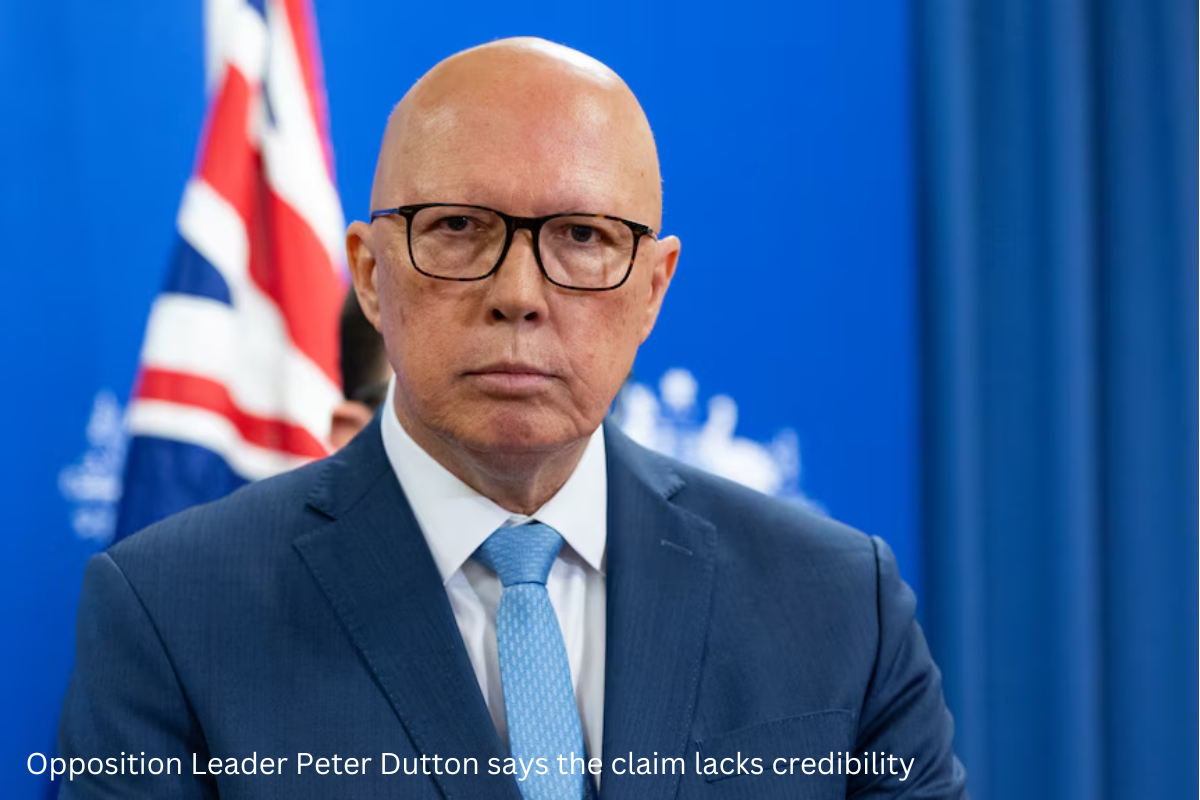The Australian Human Rights Commission is considering a formal discrimination complaint against Peter Dutton over comments he made regarding Gaza in 2025. The complaint alleges that Dutton’s statements, made during a public press conference, violated Australia’s anti-discrimination laws by inciting hostility toward certain ethnic groups, particularly Muslims and Palestinians, in the context of the Gaza conflict. The investigation has led to a broader national discussion on the limits of free speech for public officials and the responsibility of politicians in addressing sensitive global issues.
Peter Dutton, a prominent figure in the Australian government, is no stranger to controversy. His remarks on Gaza, which have sparked considerable backlash, are being scrutinized for potentially inflaming racial and religious tensions within the Australian community. Critics of Dutton argue that his statements contribute to a divisive atmosphere and alienate groups that already feel marginalized in society, particularly Australian Muslims who identify with the Palestinian cause.
Dutton, however, maintains that his comments were meant to address national security concerns in light of the ongoing conflict in Gaza. He insists that his statements should not be seen as discriminatory, emphasizing that his intentions were not to target any specific ethnic or religious group. Despite this, his critics argue that political leaders must be mindful of the potential consequences of their words on social cohesion, especially when discussing sensitive topics like international conflicts.
The Human Rights Commission’s investigation will determine if the complaint has merit and if further legal action should be pursued. The Commission’s decision is expected to have significant implications for future political discourse in Australia, particularly regarding how public officials navigate complex issues involving race, religion, and international relations. The case raises crucial questions about balancing freedom of speech and protecting individuals from harmful or inciting language.
Additionally, the legal investigation and controversy surrounding Dutton’s remarks hhaveintensified public debates about the role of politicians in shaping public opinion on international matters. Some argue that politicians must be held accountable for their influence on public sentiment, particularly when their comments risk inciting violence or discrimination against vulnerable communities. Others contend that leaders should be allowed to express their views without fear of retribution as long as they stay within legal boundaries.
The outcome of this case may set a precedent for how similar situations are handled in the future, potentially influencing how politicians communicate about global issues. If the complaint leads to legal action or a ruling in favor of the complainants, it could encourage more scrutiny of the language used by public figures, particularly about sensitive subjects like conflict zones, religion, and ethnic identity. On the other hand, if the investigation clears Dutton of any wrongdoing, it may reinforce the notion that public officials should be free to express their opinions without facing legal consequences.
This case is not just about Peter Dutton’s comments but reflects the broader tension between free speech and the potential harm caused by inflammatory language. As Australia continues to grapple with issues of race, religion, and social inclusion, the outcome of this investigation will likely influence how future political debates unfold. In the face of rising global tensions, how public figures communicate their views will continue to play a crucial role in shaping the national conversation and determining the boundaries of acceptable discourse.
While the investigation is ongoing, public reaction to the case is divided. Many believe that Dutton’s remarks crossed a line and that politicians should be held accountable for language that stirs division or hatred. Others argue that the complaint is an overreach and a threat to the freedom of speech, suggesting that political leaders should not be penalized for expressing their opinions on complex international issues. As the inquiry continues, the debate over the limits of free speech and accountability for public figures will intensify.




